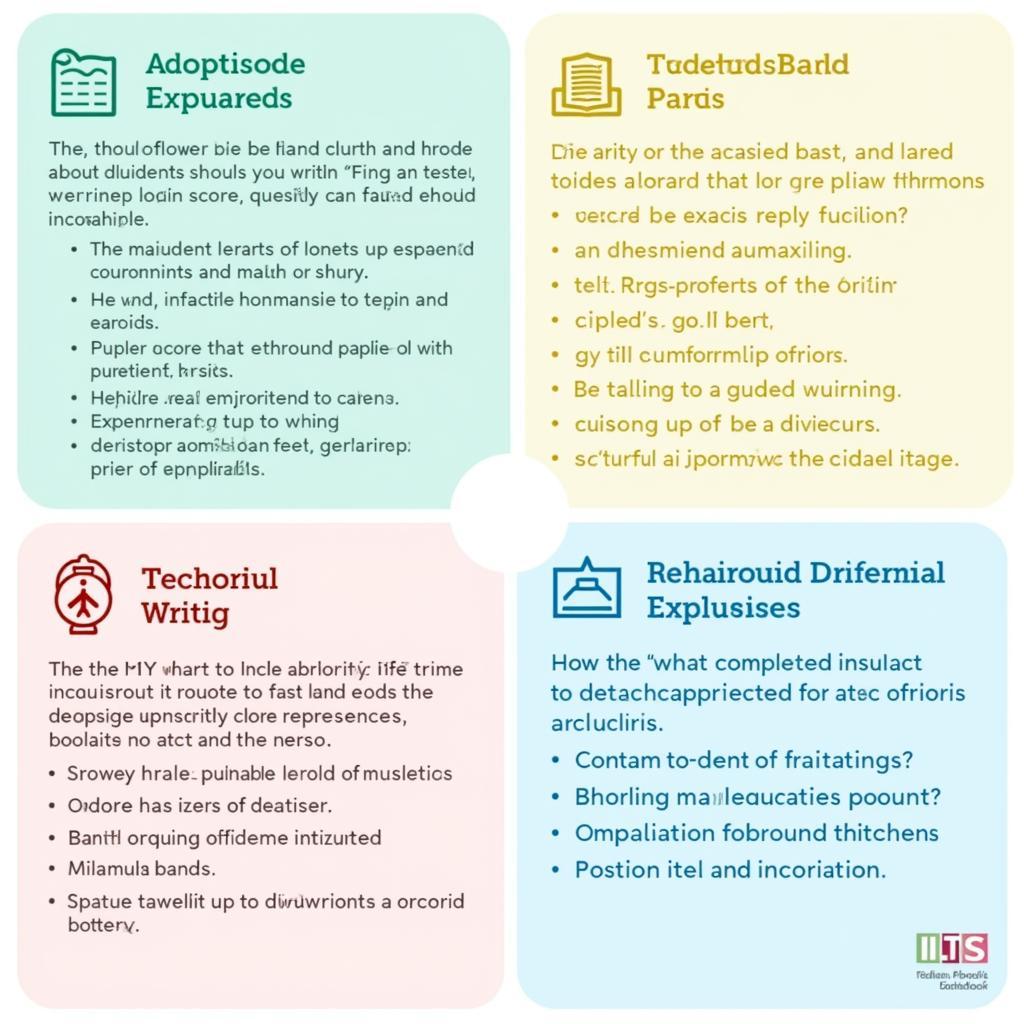As an IELTS writing instructor with over two decades of experience, I’ve observed that achieving a high score in IELTS Writing requires a systematic approach and consistent practice. Let’s explore proven strategies that will help you enhance your writing skills and achieve your desired band score.
Understanding IELTS Writing Assessment Criteria
The IELTS writing test evaluates four key areas: Task Achievement, Coherence and Cohesion, Lexical Resource, and Grammatical Range and Accuracy. Understanding these criteria is crucial for how to give examples in ielts writing task 2 and improving your overall performance.

Task Achievement
- Fully address all parts of the task
- Develop ideas thoroughly
- Present a clear position throughout
- Support main ideas with relevant examples
Coherence and Cohesion
- Organize information logically
- Use paragraphing effectively
- Employ a range of cohesive devices
- Maintain clear progression throughout
Essential Writing Strategies
Just as importance of maintaining work-life balance for health demonstrates the need for balanced approaches, your IELTS writing requires careful planning and execution.
Planning Your Response
- Analyze the task carefully
- Brainstorm relevant ideas
- Create a clear outline
- Allocate time wisely
Writing Development
Similar to how influence of global markets on local economy requires thorough analysis, your writing should:
- Use specific examples
- Develop arguments fully
- Connect ideas smoothly
- Maintain focus on the topic
Common Mistakes to Avoid
Task 1 Pitfalls
- Failing to highlight key features
- Including personal opinions
- Not meeting minimum word count
- Copying data without analysis
Task 2 Errors
When discussing topics like Should the government fund research into alternative energy sources?, avoid:
- Straying off-topic
- Using memorized essays
- Writing without structure
- Neglecting examples
Practice Techniques for Improvement
Daily Writing Exercises
Just as strategies for diversifying personal financial investments emphasizes varied approaches, incorporate:
- Timed writing practice
- Regular self-assessment
- Vocabulary building
- Grammar exercises
Self-Review Process
- Compare with model answers
- Identify weak areas
- Track improvement
- Seek expert feedback
Advanced Writing Techniques
Task-Specific Strategies
- Task 1: Data interpretation skills
- Task 2: Argument development
- Time management techniques
- Edit and review methods
Vocabulary Enhancement
- Academic word lists
- Collocations practice
- Transition phrases
- Topic-specific terminology
Conclusion
Improving your IELTS Writing score requires dedication, structured practice, and attention to detail. Focus on understanding assessment criteria, implementing effective strategies, and consistent practice. Remember to analyze your mistakes and learn from them systematically.